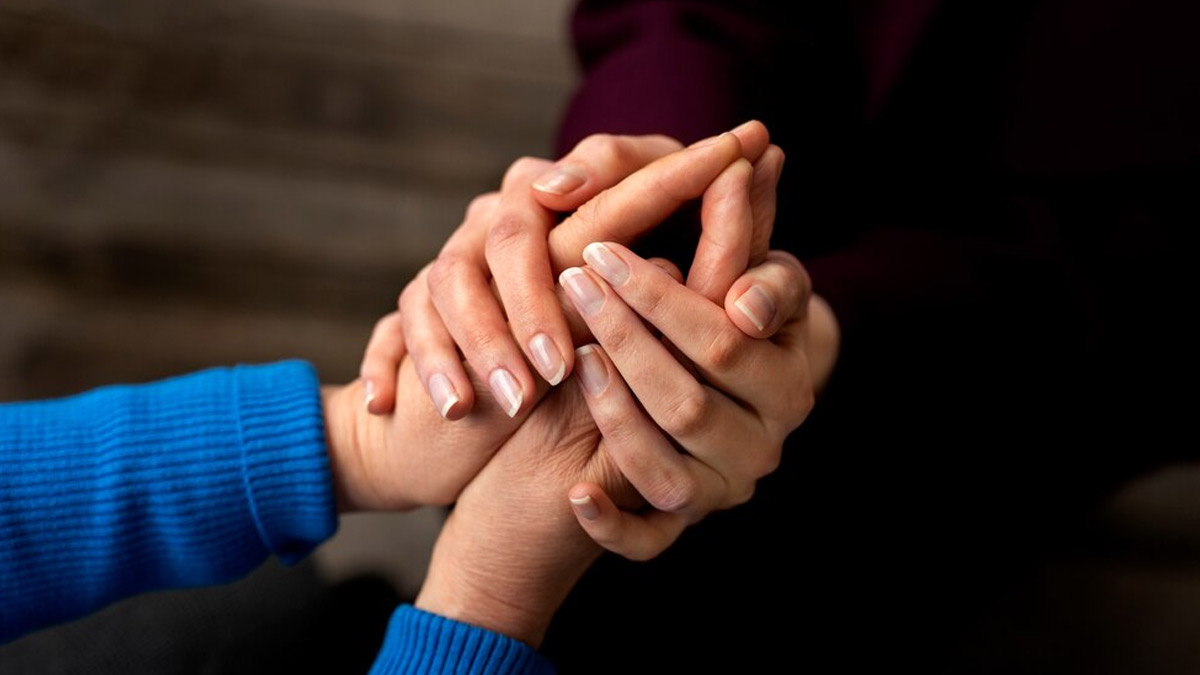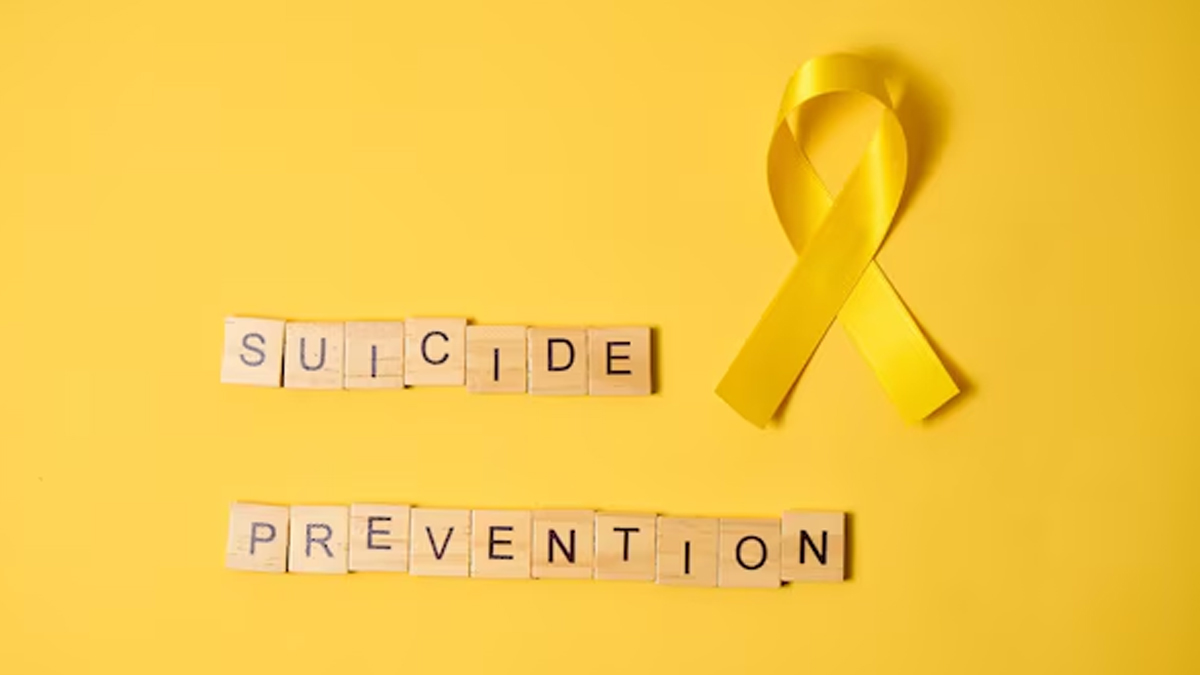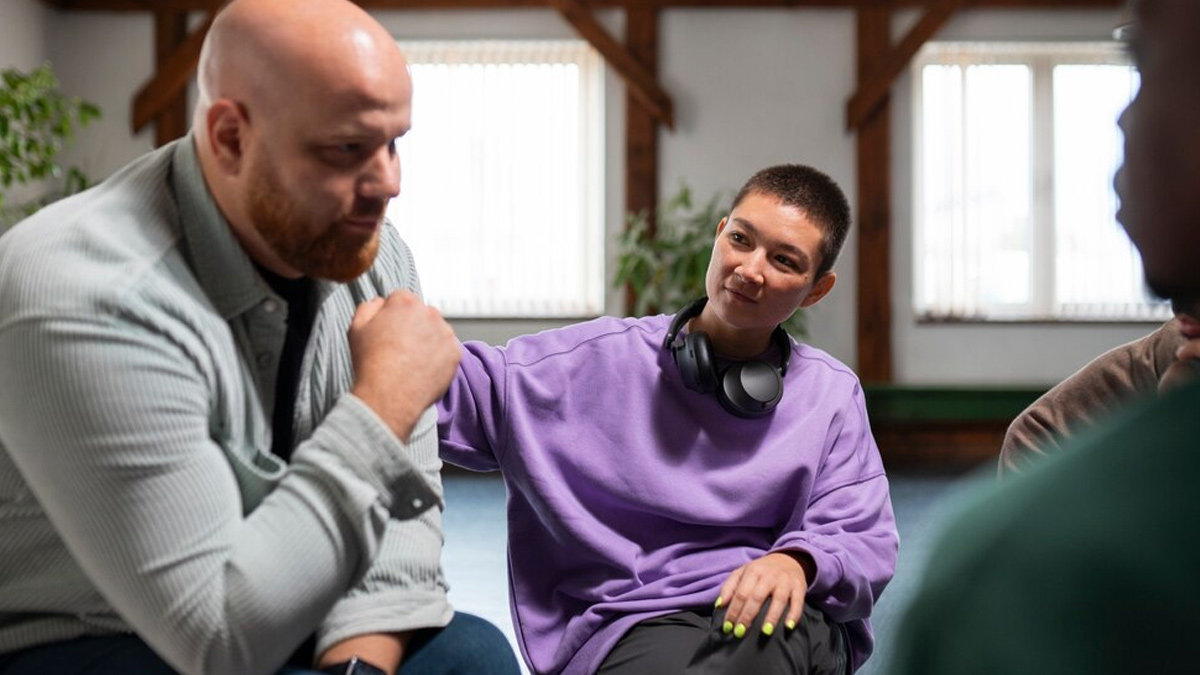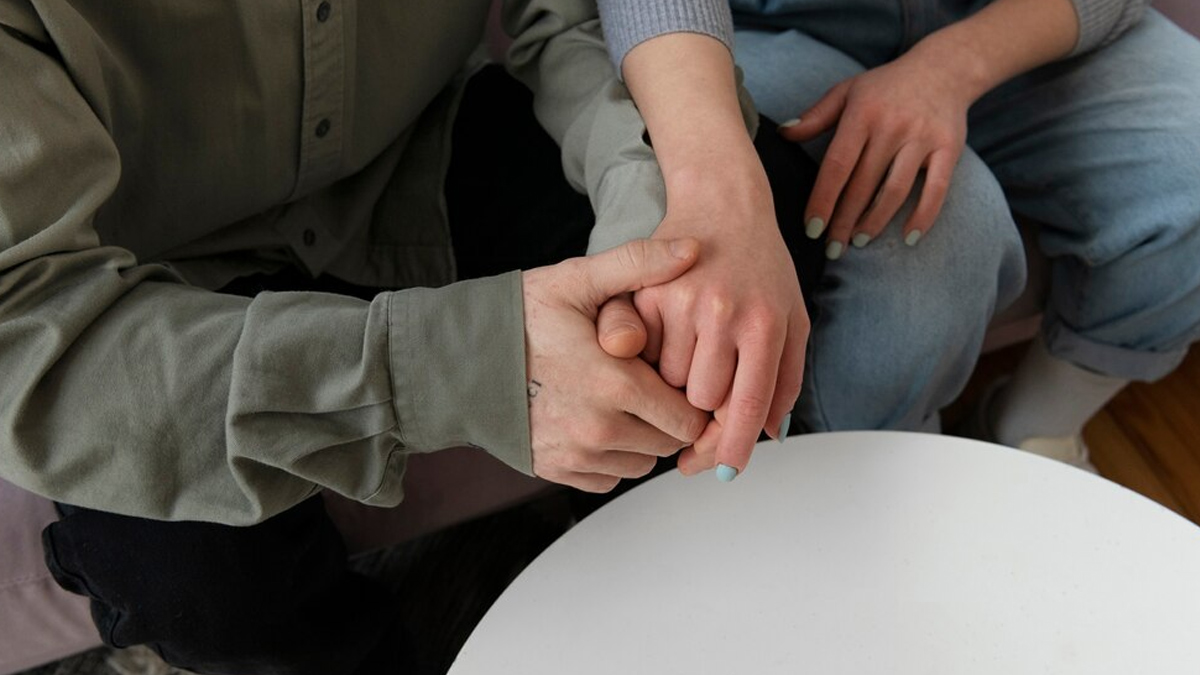
In addressing the critical issue of suicide prevention, Ms. Unnati Machchhar, Associate Programme Director, Prevention of Violence against Women and Children, SNEHA, says that it is not only essential to recognise the signs of suicide in people but also to respond mindfully and compassionately.
Table of Content:-
CHECK YOUR
MENTAL HEALTH

Speaking with the OnlyMyHealth team, she revisits an encounter with one of her clients from her tenure as a counselor. She says, "I encountered a client who arrived with a bottle of poison, expressing a desire to end his life if his HIV test results were positive. In that moment of despair, I prioritised active listening, allowing him to express his fears and concerns about stigma affecting his family. This experience highlighted the importance of recognising warning signs and responding with empathy, as it ultimately helped him find a moment of calm and support."
According to the World Health Organization (WHO), more than 7.2 lakh people die from suicide every year. It is unfortunately the third leading cause of death among 5-29-year-olds, and 73% of global suicides occur in low- and middle-income countries.
Also Read: India to Expand Suicide Prevention Efforts Beyond Mental Health Focus: Lancet
There is no one reason for why people take such drastic steps. In fact, the global health organisation suggests that the reasons can be multifaceted, influenced by social, cultural, biological, psychological, and environmental factors.
In the following paragraphs, let's understand the key signs of suicide and how people can respond to them to facilitate suicide prevention.
Recognising The Key Signs Of Suicide![]()
However, some behaviours and feelings are cause for concern. If someone you know:
- Talks about dying by suicide
- Has trouble eating or sleeping
- Exhibits drastic changes in behaviour
- Withdraws from friends or social activities
- Loses interest in school, work, or hobbies
- Prepares for death by writing a will and making final arrangements
- Gives away prized possessions
- Has attempted suicide before
- Takes unnecessary risks
“Knowing How To Respond Can Make A Critical Difference”
While recognising the signs of suicide is the first step to suicide prevention, how you respond to it can make a significant difference, according to Machchhar. If you know someone who has suicidal inclinations, here are some ways you can intervene:
Reach out and listen: If you spot any such signs in a person, connect with them immediately but gently. Show real care and provide an open forum where they can share everything that is in their heart. Most of the time, all that a person requires is someone who can listen to them.
Encourage professional help: It is important for such vulnerable individuals to seek professional help from a mental health expert, a counsellor, psychologist, or psychiatrist.
Stay connected: You should keep on checking with them, as this can make them feel less lonely and more connected to the outside community by maintaining communication and providing continuous assistance.
Remove access to harmful means: Whenever you come across individuals who could be at risk of harming themselves, the first thing that should be is taking away any object that they might use to do so. This could include guns, pills, knives, or any sharp objects. It is also crucial not to leave them unattended during these tough times.
Educate yourself and others: One way of assisting in creating a supportive community is by raising awareness regarding suicide and how to respond to them. To do this, you can share materials with concerned individuals during workshops and tell people why they should take care of their mental health.
Also Read: #AskTheExpert: Tackling Suicidal Thoughts—Experts Answer To Your Most Pressing Questions
Share your story: Individuals who have survived a suicide attempt or experienced the loss of a loved one to suicide often have valuable insights and can help us understand how the words and actions of others can be important. Sharing your story in a safe and supported way can be powerful to both you and to those around you. Your story can inspire others to seek help and to know they are not alone.
Be supportive, not judgemental: This is very important. Shaming or judging someone’s thoughts or trying to convince them that suicide is bad or immoral may make them feel worse. They may isolate themselves further, which makes it harder to get help. Instead, ask open-ended questions such as, “What have you been going through?” or “How can I support you?”
As per the WHO, stigma around mental disorders and suicide is one of the reasons why many people thinking of taking their own life or who have attempted suicide are not seeking help and not getting the help they need. Lack of awareness of suicide is a major public health concern, which does not allow people to openly discuss their mental health struggles, increasing the risk of suicide.
Machchhar concludes, saying, “Collective responsibility makes suicide prevention achievable. Awareness and compassion help detect tendencies, thereby averting a tragedy. Let us resolve to be more observant, be compassionate with other people, and make a difference in the lives of people. One thing you should keep in mind is that there is always help available to prevent any individual from committing suicide.”
[Disclaimer: This response may contain references to suicide. If you or someone you know is struggling with suicidal thoughts, please reach out for help.]
Also watch this video
Read Next
Living In Fear: Expert Explains How Increasing Rape Cases Is Impacting Mental Health Of Women
How we keep this article up to date:
We work with experts and keep a close eye on the latest in health and wellness. Whenever there is a new research or helpful information, we update our articles with accurate and useful advice.
Current Version

